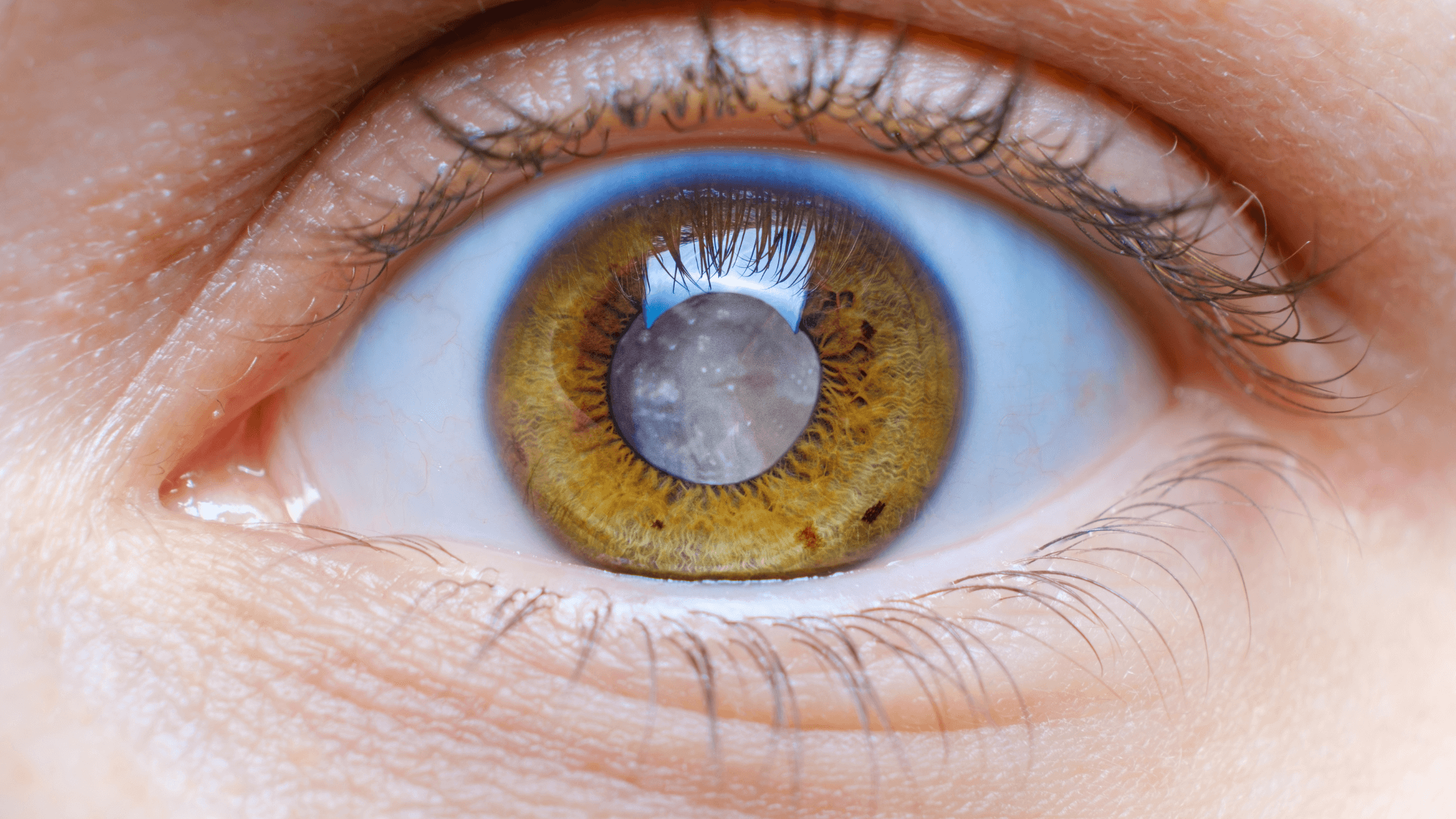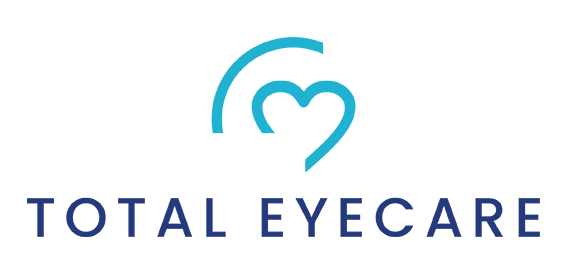
11 Aug Cataract Evaluations: What to Expect at Your Appointment
Cataracts are one of the most common vision problems as we age, and they can affect how clearly you see in everyday life. A cataract happens when the lens inside your eye becomes cloudy, making it harder for light to pass through. This can cause blurry vision, glare, or even difficulty driving at night. The good news is that cataracts can be detected and managed with a simple eye exam. A cataract evaluation is the first step in protecting your vision.
What Happens During a Cataract Evaluation?
When you come in for a cataract evaluation, the goal is to check how cloudy your lens has become and how much it is affecting your daily activities. Here’s what you can expect:
- Medical and Vision History: Your eye doctor will begin by asking about your vision symptoms, lifestyle, and medical history. This helps determine if cataracts or another condition may be causing your vision changes.
- Visual Acuity Test: This is the standard eye chart test to measure how clearly you can see letters at different distances.
- Slit-Lamp Examination: Using a special microscope with bright light, your doctor will examine the cornea, iris, lens, and retina to check for cataracts and other issues.
- Retinal Exam: Your pupils may be dilated to give the doctor a clear view of the retina at the back of the eye. This helps rule out other causes of vision loss, such as macular degeneration.
- Glare Testing: Because cataracts often cause problems with glare from headlights or sunlight, your doctor may test how light affects your vision.
How to Know if Treatment Is Needed
Not everyone with cataracts needs surgery right away. In the early stages, stronger glasses or brighter lighting may help. But if cataracts begin to interfere with reading, driving, or daily tasks, your doctor may recommend surgery. Cataract surgery is one of the safest and most common procedures, with a high success rate.
Why Regular Eye Exams Matter
Cataracts usually develop slowly, and many people do not notice symptoms until their vision has already changed significantly. Regular eye exams are important for detecting cataracts early and deciding on the right time for treatment. Your doctor can also check for other eye conditions, such as glaucoma or macular degeneration, which sometimes occur alongside cataracts.
Take the First Step
If you have noticed blurry vision, glare, or difficulty seeing at night, it may be time for a cataract evaluation. This simple appointment can provide answers and a clear plan for protecting your sight. Clear vision makes every part of life easier and more enjoyable.
Schedule your cataract evaluation today and take the first step toward clearer vision.

